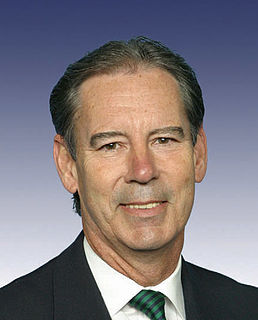A Quote by James P. Comer
Often low-income parents give their children every other thing they need for successful participation in school and the world of work except the planning and organizing skills and habit patterns needed to operate in complex settings. Many intelligent and able college students from low-income backgrounds confront these deficits when faced with a heavy assignment load. . . . These patterns are best acquired at an early age and need to be quite well developed by late elementary school or twelve or thirteen years of age.
Quote Topics
Able
Acquired
Age
Assignment
Backgrounds
Best
Children
College
College Student
College Students
Complex
Confront
Deficits
Developed
Early
Early Age
Elementary
Elementary School
Every
Except
Faced
Give
Habit
Heavy
Income
Intelligent
Late
Load
Low
Low-Income
Many
Need
Needed
Often
Operate
Organizing
Other
Parents
Participation
Patterns
Planning
Quite
School
Settings
Skills
Students
Successful
Thing
Thirteen
Twelve
Well
Work
World
Years
Related Quotes
The most successful teachers in low-income communities operate like successful leaders. They establish a vision of where their students will be performing at the end of the year that many believe to be unrealistic. They invest their students in working harder than they ever have to reach that vision, maximise their classroom time in a goal-oriented manner through purposeful planning and effective execution, reflect constantly on their progress to improve their performance over time, and do whatever it takes to overcome the many challenges they face.
During my eleven years as a New York City public school teacher, I saw firsthand the impact that poverty has on the classroom. In low-income neighborhoods like Sunset Park, where I taught, students as young as five years old enter school affected by the stresses often created by poverty: domestic violence, drug abuse, gang activity.
There are only patterns, patterns on top of patterns, patterns that affect other patterns. Patterns hidden by patterns. Patterns within patterns. If you watch close, history does nothing but repeat itself. What we call chaos is just patterns we haven't recognized. What we call random is just patterns we can't decipher. what we can't understand we call nonsense. What we can't read we call gibberish. There is no free will. There are no variables.
































